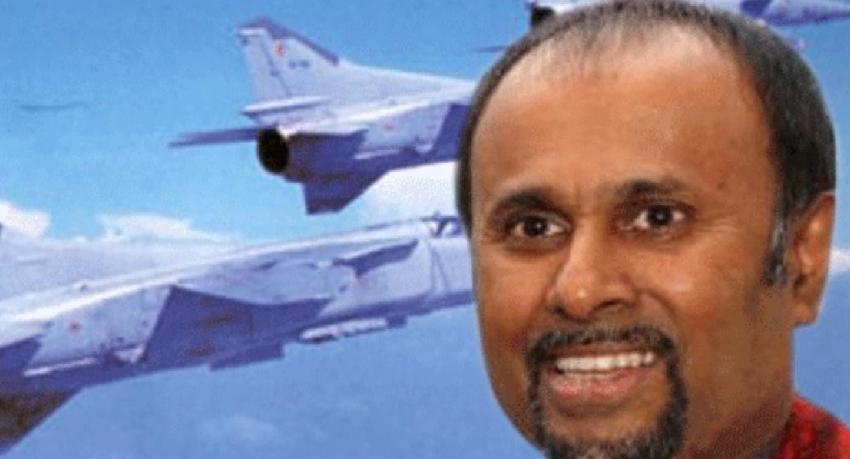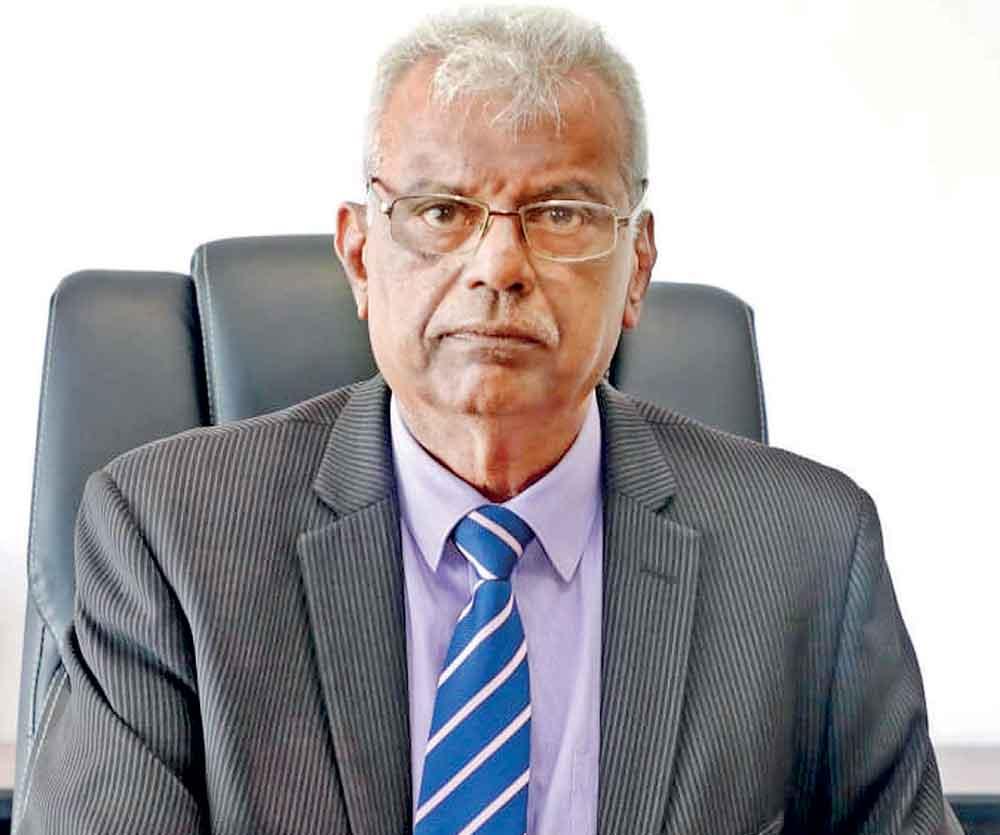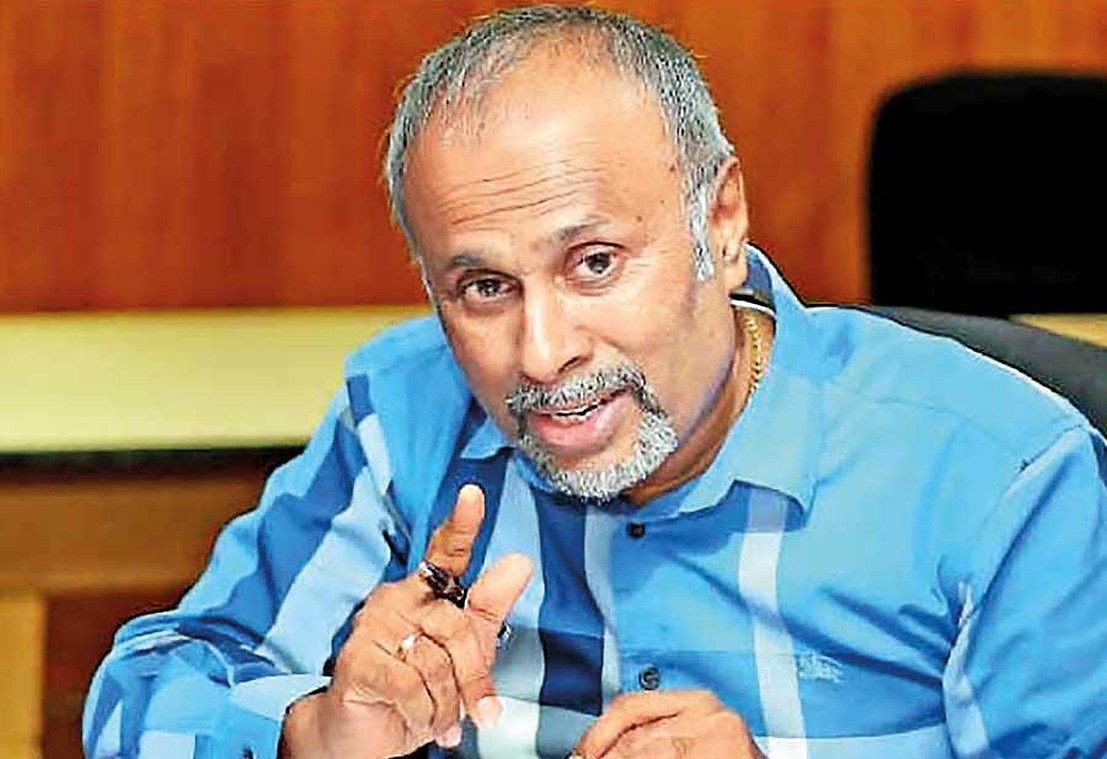Unearthed FCID Papers Reveal a Shocking Web of Corruption
Leaked documents from the defunct Financial Crimes Investigation Division (FCID) have reignited scrutiny over Udayanga Weeratunga—a man whose rapid ascent from a modest Kiev restaurant owner to Sri Lanka’s ambassador to Russia has long been clouded by allegations of corruption. The papers, detailing the infamous MiG-27 fighter jet deal, now hint at a complex web of backroom transactions and international money trails that may have funneled public funds into private pockets.

According to the FCID documents, Weeratunga, nephew of former President Mahinda Rajapaksa, was not merely a passive bystander but actively steered the defense procurement process. In a pivotal February 2006 phone call, Air Marshal Donald Perera set the gears in motion by reaching out to Air Vice Marshal Prashantha De Silva. Investigators claim that Weeratunga was a frequent visitor during these discussions, and senior air force officials later confirmed his relentless efforts to expedite the deal for MiG-27 fighter jets and engine overhauls.
The deal, touted as a “Government-to-Government” agreement with Ukraine’s Ukrinmarsh, quickly unraveled into a tangle of dubious transactions. One of the key revelations points to the involvement of an offshore entity, Bellimissa Holdings Limited—a company with a fake London address and a registration in the British Virgin Islands. Leaked papers reveal that substantial sums of money were funneled from Sri Lanka’s Ministry of Defence through this phantom firm. Funds were routed via the People’s Bank in Colombo, then channeled through major financial institutions in New York, Singapore, and Hong Kong, with portions mysteriously landing in accounts as far-flung as Latvia, New Zealand, and Panama.
Suspicion
The documents also expose the role of a foreign intermediary, Perugudov, the Director General of UKRSPETSEXPORT and representative of Ukrinmarsh. Accompanied regularly by Weeratunga, Perugudov’s involvement deepened the suspicions. Notably, he was later detained in France amid allegations of selling arms to rebel groups in Ukraine—a detail that underscores the international scope of the scandal.
Adding another layer of intrigue is the disappearance of a critical 65-page agreement. This document, which once detailed the terms of the MiG-27 deal, has vanished from both the Sri Lanka Air Force headquarters and the Ministry of Defence. Weeratunga himself mentioned in a recent interview that “someone has stolen it,” a statement that has only fueled further speculation.

At the center of this unfolding drama is DIG Ravi Senaviratna, the officer who initially led the investigation into these defence deals. Once regarded as a staunch anti-corruption crusader, Senaviratna now finds himself in the spotlight as fresh evidence suggests he may have been entangled in the very web he sought to dismantle. Critics argue that his close association with key players in the procurement process could point to a conflict of interest, raising serious questions about the integrity of the investigation.
The new FCID papers not only lay bare the intricate financial transactions and questionable practices behind the MiG-27 deal but also signal the start of a broader probe. As calls for transparency and accountability grow louder, the roles of Udayanga Weeratunga and DIG Senaviratna are poised to become central in the next chapter of this emerging scandal.
For many in Sri Lanka, the unearthing of these documents offers a glimmer of hope that the truth behind high-level corruption will finally come to light. As international agencies join forces through Mutual Legal Assistance programmes, all eyes are now on the unfolding investigation—a story that promises more revelations in the weeks to come.







